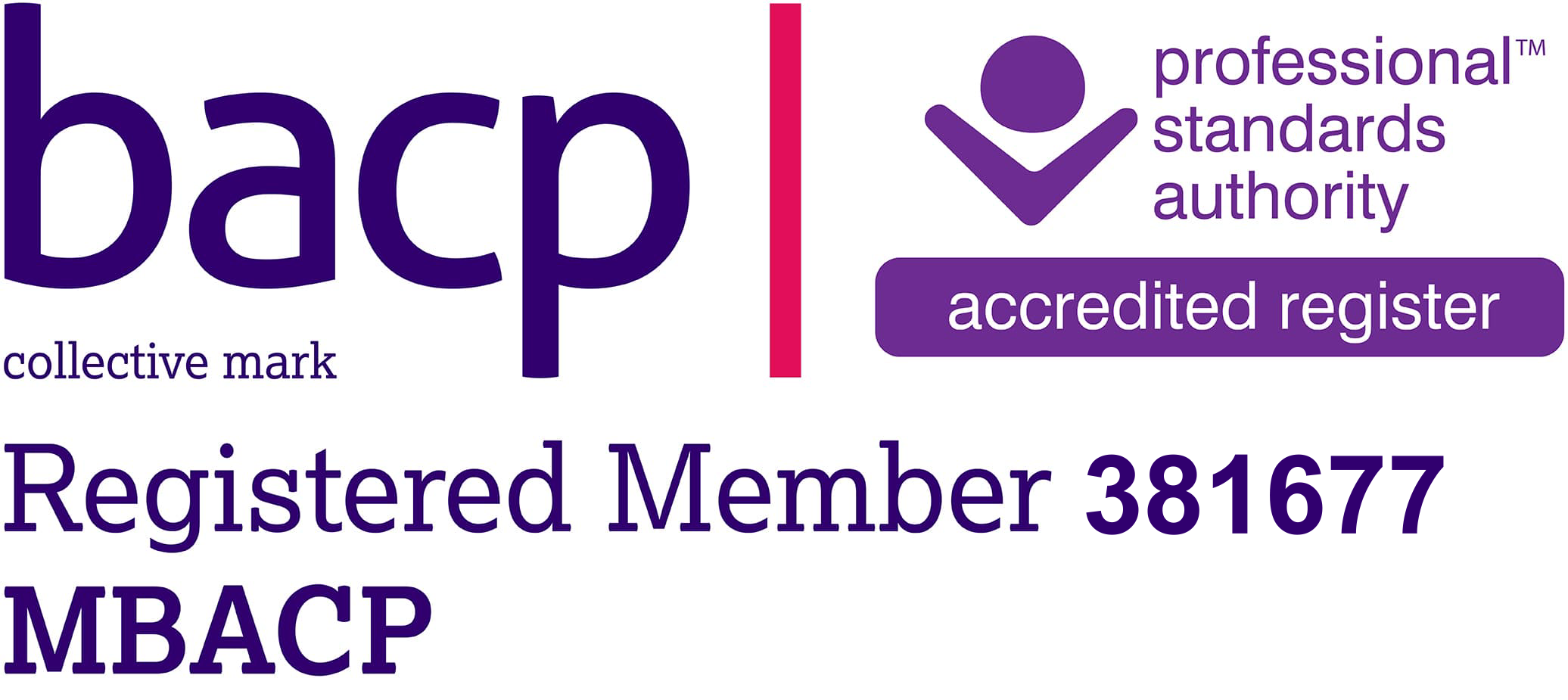Rachel Burrows
The need to share and connect through our experiences and life story is human nature; I can listen to what it is you need to share, to hear the thoughts and feelings that are troubling you. It may be that your anxiety feels higher at this time, that you are feeling overwhelmed and finding it hard to cope with life. Counselling can provide a space to understand and know yourself at a deeper level, that is otherwise hard to connect with in daily life. It can feel helpful to explore identity, experiences, desires or life purpose in the non-judgemental therapeutic relationship.
I am registered with BACP (The British Association of Counselling & Psychotherapy) and am committed to their professional standards, good practice guidance and Ethical Framework for the Counselling Professions.
I am registered with NCS (The National Counselling Society), and align to their code of ethical practice and their ethos statement that supports the professional development of the counselling profession. They state that “We recognise that while counselling and psychotherapy encompass the very valuable work of mental health, they can never be reduced to mental health diagnosis and treatment alone…our foundational ethos to focus on our vocation, and to continue to offer a home for the widest possible range of approaches, modalities, individuals and organisations.“
As an Associate member of APCCA (Association for Person Centred Creative Arts) I join them in promoting mental health, emotional wellbeing and creativity through the therapeutic use of creative arts, an approach where the principles are that creative art work is free from judgement, assessment or external interpretation.
Where I work
Face to face sessions are available in a bright and airy room on the first floor on Tuesdays and Wednesdays at counselling@unit12.
counselling@unit12 can be found on the map at bottom of the page.
Online sessions are available – please state in your enquiry if this is something you are interested in.
Fees
Below is an outline of the types of appointment I offer and their associated costs.
Weekly:
Initial Exploratory Session - Face-to-face or Video Call - 50 Minutes - £55.00
Client counselling - Face-to-face or Video Call - 50 minutes - £55.00
Client counselling - Face-to-face or Video Call - 60 minutes - £65.00
Client counselling - Face-to-face or Video Call - 75 minutes - £80.00










